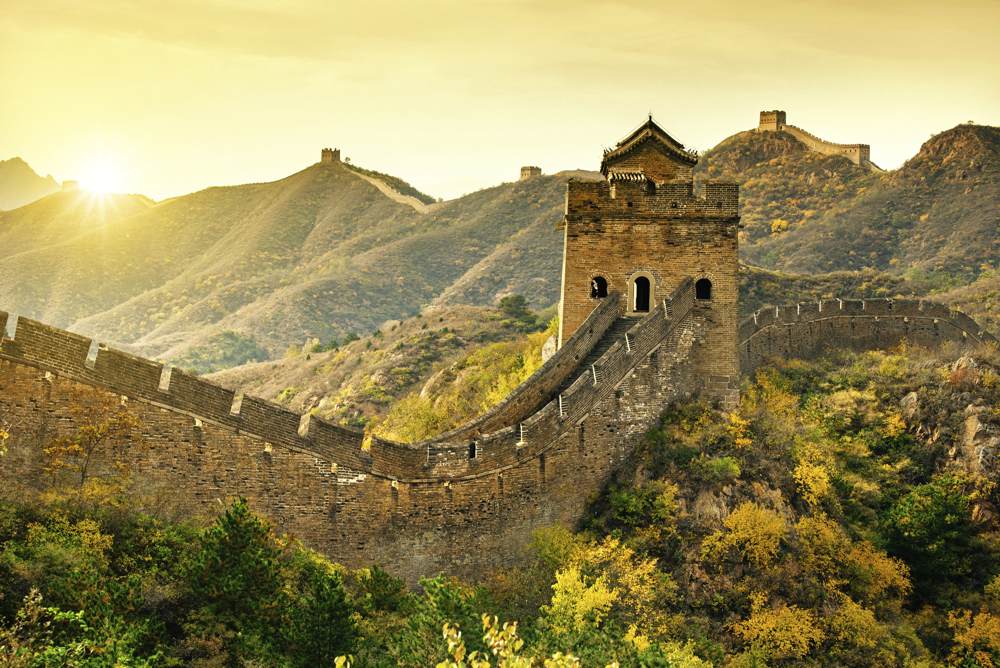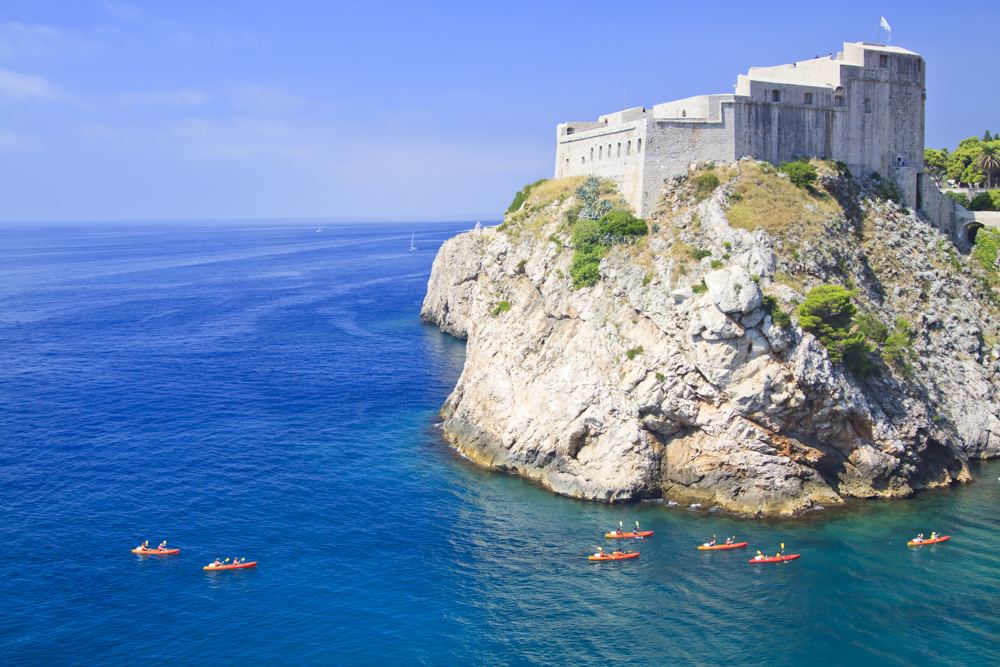- Details
- Written by: Mike Walker
Active Travel is booming, and it's here to stay. At least that's the message that the people taking adventure holidays and the ones offering them are giving us.
According to the travel industry body, the Adventure Travel Trade Association (ATTA), which has over 900 members worldwide, almost 80 percent of tourist boards recognise and cater for the adventure travel sector now.
"Adventure and active travel are moving towards the mainstream and visa versa," says Shannon Stowell, president of the ATTA.
The demand is certainly there. Maybe it's because we're all living longer, healthier lives. Or maybe it's the 'taming' effect of everyone sharing their adventures by social media, proliferating and normalizing images and experiences, making the extraordinary seemingly ever more accessible to the masses.
The supply is there too, in spades, with a global explosion of tour operators, hotels and tourism agencies catering for us adventure-hungry, experience seeking travellers.
So, to use the social media term, what is trending this year? Why, how and where are you going to be travelling in 2016 and beyond?
Experiential immersion
It's no longer good enough to tip up at one of the wonders of the world, step off a tour bus and take some photos: Traditional bucket list sightseeing trips are giving way to immersive, experiential trips where the journey to a bucket list destination is as important as getting there.
Experiencing the vast ancient temple complex of Cambodia's Angkor Wat must be infinitely more rewarding if you arrive there as the climax of a 12-day cycling tour through the Mekong Delta, such as on globaladventurechallenges.com's Ho Chi Minh City to Angkor Wat holiday.
Rising to the challenge
Travel has always been life enriching and life affirming - discovering new places and people to broaden your horizons both experientially and literally. But holidays are short, and the build up to them long, which is why an increasing number of active travellers are now finding that they can boost the significance of both by taking on once-in-a-lifetime challenges during them.
If cycling is your thing, then this could be riding from one end of the British mainland to the other on the Deloitte RAB. Riding about 100 miles a day for nine days and sleeping in a tented village with up to 600 other riders, there can't be many more rewarding ways of seeing the country we live in.
Ever-hardening 'soft adventure'
This past year has seen the so-called 'soft adventure' market cater for an increasingly engaged and demanding 'prosumer' holiday taker, who is looking to practice his or her favourite sporting pastime as the main focus of their travel. These travellers may like their travel active, authentic and immersive but they still want some luxury at the end of the day.
This is the rise of adventure by day, comfort by night holidays, such as Headwater's cycling and hiking tours, where self-guided multi-day itineraries are carefully planned along the best roads or trails, in beautiful locations such as Sicily or Austria. While you immerse yourself in the activity and landscape your bags are taken ahead to the next luxury hotel, where a swimming pool awaits.
The proliferation of glamping sites both home and abroad is yet more evidence that even luxury holiday accommodation can and has been 'adventureized'.
Adventure for others
The big charity trip is set to continue growing and evolving, as these once-in-a-lifetime 'holidays' combine bucket list location ticking, with a physical challenge, such as hiking up Kilimanjaro, or along the Great Wall of China.

By raising money for good causes, such as fighting cancer, or heart disease, these once-self-indulgent journeys are now a growing vehicle for those who want to put something back with their efforts; to help the greater good while helping themselves.
The growth of 'voluntourism' is another angle on this theme, with travellers looking to spend their holidays directly helping others in what are for them exotic locations. This might be work on farms in the Austrian Tirol, helping Nepal earthquake victims rebuild their lives, to mountain bike trail building in Scotland with the Forestry Commission (forestry.gov.uk).
Budget flights galore
When Easyjet and Ryan Air took the holiday and airline industries by storm between the mid-80s and 90s, a whole new generation of young travellers were suddenly able to 'pop' to Europe for a weekend.
While this phenomenon has continued to grow, with main airlines forced to join the scrum for budget airfares, along with the likes of FlyBe and most recently Wizz Air, active travellers (and their adventure equipment) have never had it so good for finding 'dirty' weekends in every corner of the European Union.
Indeed flying budget to a small, purpose-built rural airport that you can practically hike or bike out of into the countryside is often the most direct way to access Europe's hidden gems.
The Balkans are back
With Croatia, Slovakia, Slovenia, Romania, and Bulgaria now enjoying full EU member status, and Albania, Macedonia, Montenegro, Serbia and Turkey in negotiations, the adventure travel map of central Europe has been unfolded.
Kayaking in Croatia, mountain biking in Montenegro, skiing in Slovakia, or hiking in the Julian Alps... the possibilities now on our European doorstep are endless.

Whether off-limits due to civil war, or hidden behind the iron curtain, all these countries are now actively encouraging tourism, and with fascinating cultures, spectacular landscapes and cheap flights, food and drink to discover, why wouldn't you?
Social media and the sharing economy
Although it is hard to beat the security and expertise of registered, insured and expert guidance when taking on potentially dangerous pursuits in foreign countries, active travel is far from immune from the influences of the sharing economy movement.
Take the phenomenon of AirBnB, which has bigger accommodation providers and hotel groups worried - and for good reason. You can't get a much more immersive, authentic travel experience in a location than staying with someone who lives there.
How we travel is likely to be influenced too, with ride sharing platforms such as Uber huge in the UK, and BlaBlaCar already a popular option in Spain, Portugal and France. A quantum leap safer than hitching but with all the benefits, travellers able to ride and chat with locals, breaking down the barriers between tourists and residents.
For active travellers equipment sharing platforms are springing up too. Take Spinlister, for example, where you can rent bikes, surfing or snowsports equipment anywhere in the world where you might need it, from someone else with the same passions as you. Back home you too can make the gear languishing in your own shed start to earn its keep.
The key to all these new sharing platforms is tech. Not only have technological advances made online platforms and apps which can enable and protect peer-to-peer transactions, from one person's smart phone to another's, but by the sheer amount of online data that we all share now, it is possible to engender trust. There has always been recommendations, references, guarantees and deposits but now all of them are available on a screen that fits in your pocket.

